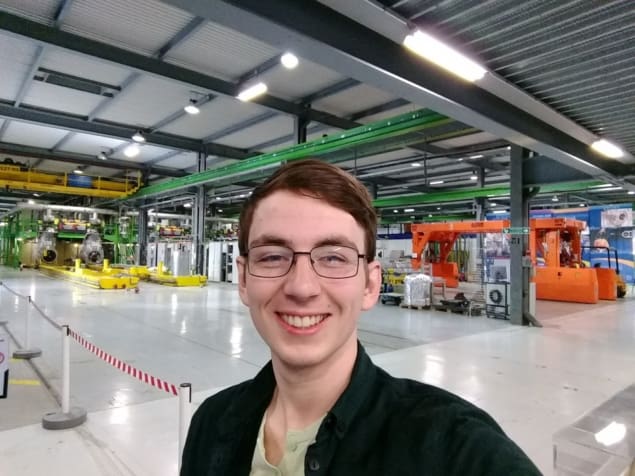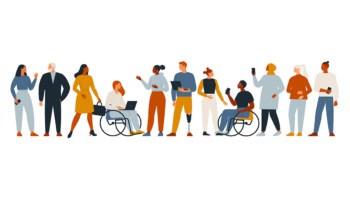
During my undergraduate degree at the University of St Andrews, UK, I decided that lab work and experimental physics wasn’t for me and switched to a degree in theoretical physics. However, as I progressed, I found myself seeking out opportunities to get involved with hands-on research that had a measurable impact on the real world. Following an event hosted by the university physics society, I approached the university’s radar research group about carrying out a summer placement, in which I programmed a data logger to function together with a disdrometer, which measures rainfall. The outcome of the project was something I could hold in my hands that could be used in important scientific research. Only a month later it was part of field research on the Caribbean island of Montserrat.
After another internship that took me briefly into the world of X-ray spectroscopy, I returned to the radar group. One summer-long project had me assembling a radar for detecting drones and for my Master’s degree project with the same group I simulated a radar functioning at sea. Although I still have a deep love of maths and theoretical physics, I am now embarking on a PhD in engineering at the University of Edinburgh. Through studying radar technology I’m excited to develop and improve tools to measure and inform us about the world around us.
During these opportunities I have discovered a deep willingness among experts to share their knowledge and encourage young professionals. I have always felt supported, even when I did not start with much radar knowledge and my soldering resulted in smoking circuits. Taking the time to learn and make mistakes was allowed and expected, which not only gave me confidence to embark on a PhD course but was an integral part of my university experience.
The other aspect of that experience was developing a sense of community. By running events with the university’s physics society, I got to know fantastic staff and students. At the end of my first undergraduate year, I joined as one of the social conveners. Before leaving at the end of my fifth year I had served as president, podcast producer and the ever-popular baking representative. I also started an interview podcast called “insight St Andrews” and had fascinating conversations with leaders in many fields from physics to forensic science. These experts shared their experiences, which helped me realise that they were once where I am now – as someone passionate about learning and wanting to make an impact on the world.
An integral part of the society was the student community, whether that was other committee members, event attendees or even other societies that we collaborated with. My involvement on the committee allowed me to not only grow as a person but also to contribute to the community. I was involved in organizing more than 50 events with the physics society, from academic talks to theatre performances and end-of-year balls, and it was a privilege to share those spaces with like-minded people.
Through the university’s physics society, I was invited to join the Institute of Physics (IOP) student community panel, representing Scotland’s students. I had the joy and privilege of working with other regional student representatives, organizing events and conferences to bring people together. I made sure that student societies were at the heart of reaching out to the student community. My proudest achievement on the panel was championing change in how the IOP sponsors student societies: to provide more guidance and also financially reward those societies promoting IOP values of inclusion and personal development.
The physics community, its academics and institutions, recognize that students bring a fresh perspective and encourage us to voice new ideas in the community. It is important that we use that voice and, when the time comes, listen to the voices of the students who follow after us.
- For the latest careers advice, opportunities, case-studies and employer directories, take a look at Physics World Careers 2021


